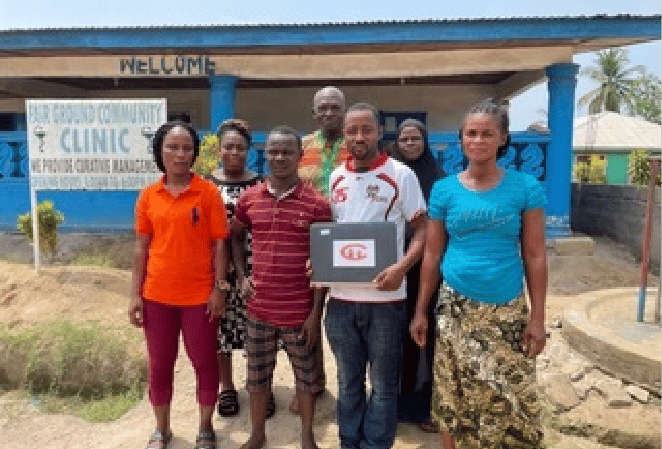
The Bridgespan Group has researched this area of work and coined this approach, this new field as ‘Peer-driven Change’. This naturally occurring system of social change is a blend of the following ingredients:

Individuals/participants, informed by the experiences of pioneering peers who have succeeded at getting around barriers, help each other by sharing knowledge and resources

Individuals/participants define & lead for themselves the improvements they seek in their lives & communities

Individuals/participants share funding from internal sources (such as savings groups), as well as from external sources, such as funders, nonprofits, and diaspora
The role of nonprofits, NGOs, philanthropists, business, and government is to catalyze, promote, encourage, and directly resource such everyday efforts without disrupting the natural leadership in these communities.
A closer look reveals that the regulated handout of small cash awards being purported by “Trust Philanthropy” and “UBI” do not catalyze the scaling of change — just as giving the homeless person on the corner a dollar every Sunday will not likely change their life. The greatest problem to getting PDC recognized are social stereotypes, not just financial exclusion.